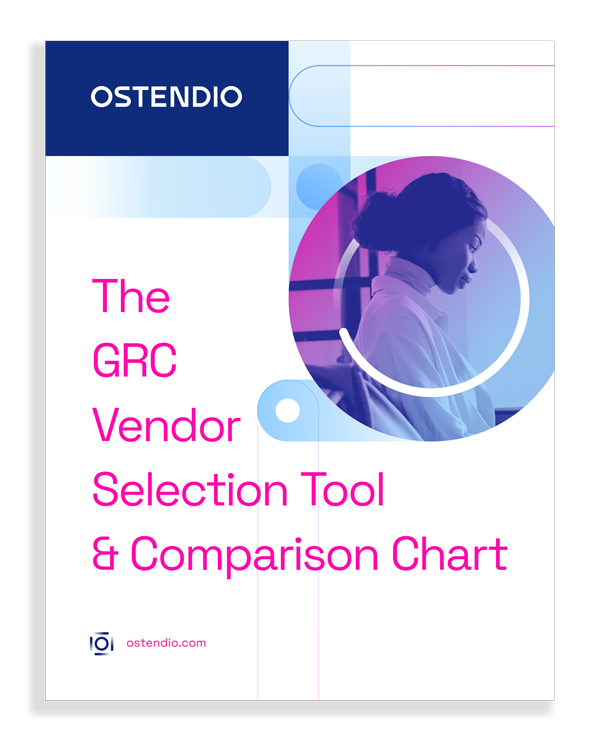
Most healthcare companies know they need to comply with cybersecurity regulations.
But once you start researching GRC tools, every vendor starts to look and sound the same—framework coverage, dashboards, reports, "automation"...
What’s harder to find?
A tool that actually helps your team build and run a program that works.
Whether you're tackling HIPAA, SOC 2, or both, here are five questions you should be asking that go beyond surface-level features—and reveal whether the platform will actually serve your organization's security management system.
1. “How do you guide me through the compliance journey?”
What to listen for:
Are you just buying software—or are you getting a roadmap? Smaller healthcare orgs rarely have a full-time compliance team. You need something that doesn’t just track your progress—but shows you what to do next.
Bonus tip: Ask to see a sample project plan or onboarding experience.
2. “Can your system map controls across HIPAA, SOC 2, and others?”
What to listen for:
Many vendors make you treat every framework as a separate effort, which leads to duplicated work. The best platforms allow you to build once, reuse many—with control mapping across multiple standards.
You shouldn’t have to write the same policy three different ways.
3. “How do you track and prove that policies are followed—not just uploaded?”
What to listen for:
Uploading documents is easy. But audit failures happen when you can’t demonstrate how those policies are actually being followed.
Look for a GRC that tracks task ownership, evidence collection, and control implementation in real time—not just document storage.
4. “What support do I get beyond the software?”
What to listen for:
Most GRC tools leave you guessing. If you’re new to this, you’ll need guidance—whether that’s managed services, templates, or access to compliance experts.
Ask: “Who do I talk to if I’m stuck during audit prep?”
5. “What happens during - and after -the audit?”
What to listen for:
A true GRC partner doesn’t disappear when the audit starts. Look for real-time auditor collaboration, secure evidence sharing, and controls that align with how audits are actually conducted.
If your GRC partner can’t support you through an audit, you’ll end up paying a consultant anyway, and repeat the process year after year.
6 lessons healthcare teams learn the hard way
The right GRC platform doesn’t just keep your data organized.
It guides your team, reduces risk, and helps you build a compliance program that scales with you—not against you.
Here are 6 lessons healthcare teams learn the hard way.
We’ve seen too many small healthcare orgs buy software that adds to their confusion instead of clearing it up.
Before you pick a platform, ask better questions. This article helps get your started.
To make sure you don't waste another moment deep in GRC vendor research a GRC Vendor Selection Tool & Comparison Chart.

June 29, 2025

Comments